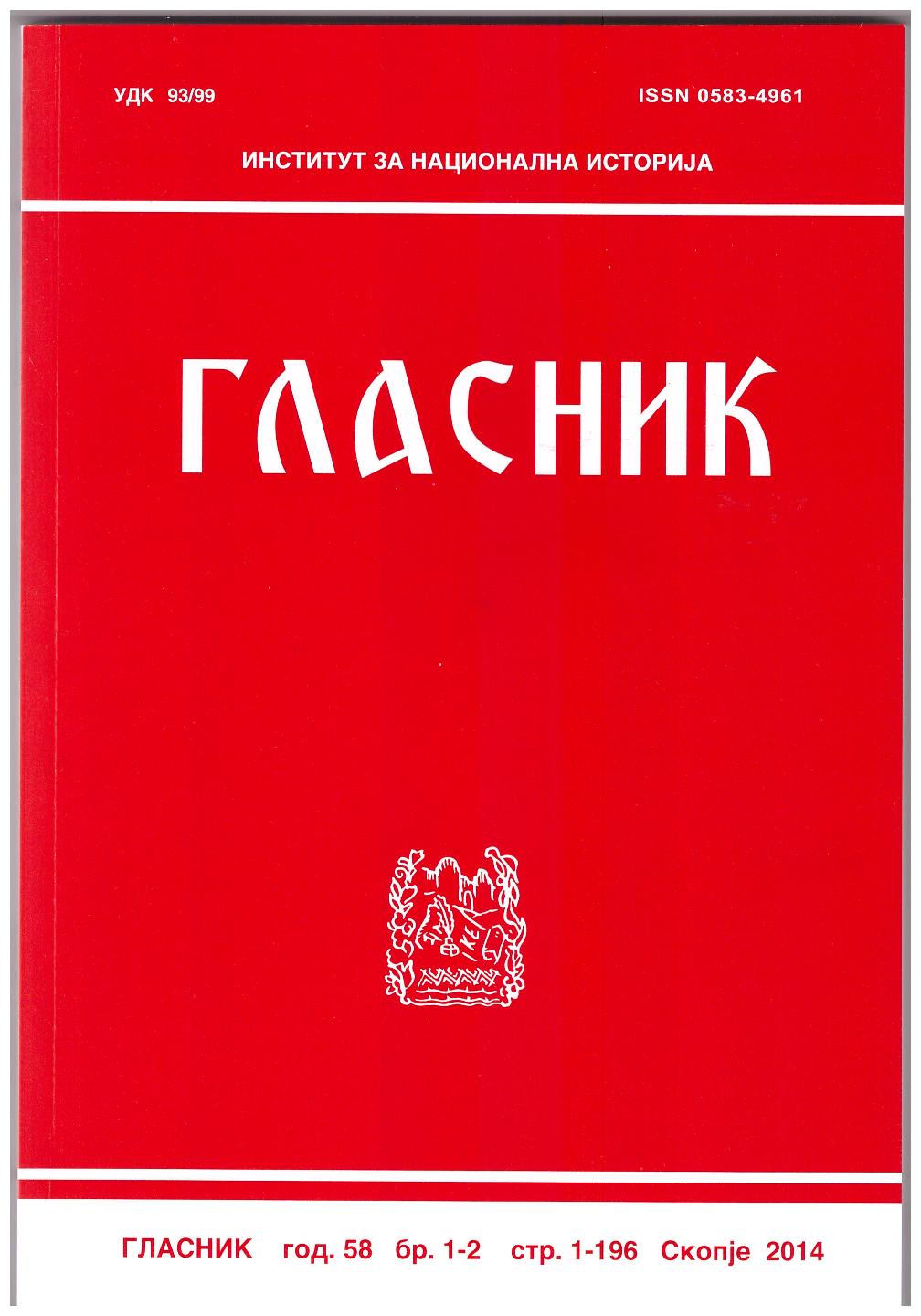BYZANTINE STEREOTYPES IN THE BALKAN COUNTRIES’ CONTEMPORARY POLITICS TOWARDS MACEDONIA
BYZANTINE STEREOTYPES IN THE BALKAN COUNTRIES ’CONTEMPORARY POLITICS TOWARDS MACEDONI
Author(s): Aleksandar AtanasovskiSubject(s): Comparative history, History of ideas, Political history
Published by: Институт за национална историја
Keywords: Byzantium; the name Macedonia; tradition; statehood; Serbia; Bulgaria
Summary/Abstract: Most European Byzantinologists recognize Greece as the successor of Byzantium, more precisely, they consider Byzantium to be a Greek state, which is not in line with the sources. This is probably the source of the complete misunderstanding in European political circles, so in accordance with the medieval Byzantine doctrine, the state recognized by Byzantium was internationally recognized, and this is reflected in today's Greek politics, so that the Balkan state recognized by Greece is recognized. and from the European Union and becomes a member of the European family. Macedonia as a separate state has never been recognized by Byzantium nor now by Greece, so it can not become a member of the European family, which is largely built on the example of Byzantium. The question remains: why do European politicians attach so much importance to Greece in building a new European society?
Journal: Гласник
- Issue Year: 58/2014
- Issue No: 1-2
- Page Range: 63-71
- Page Count: 9
- Language: English

